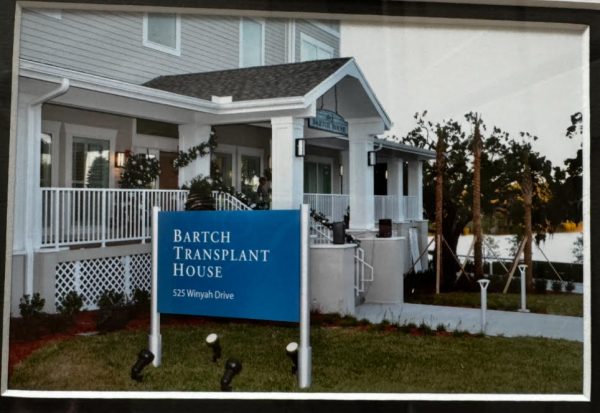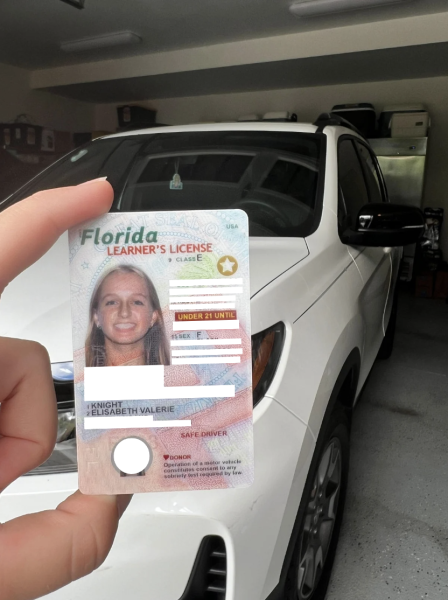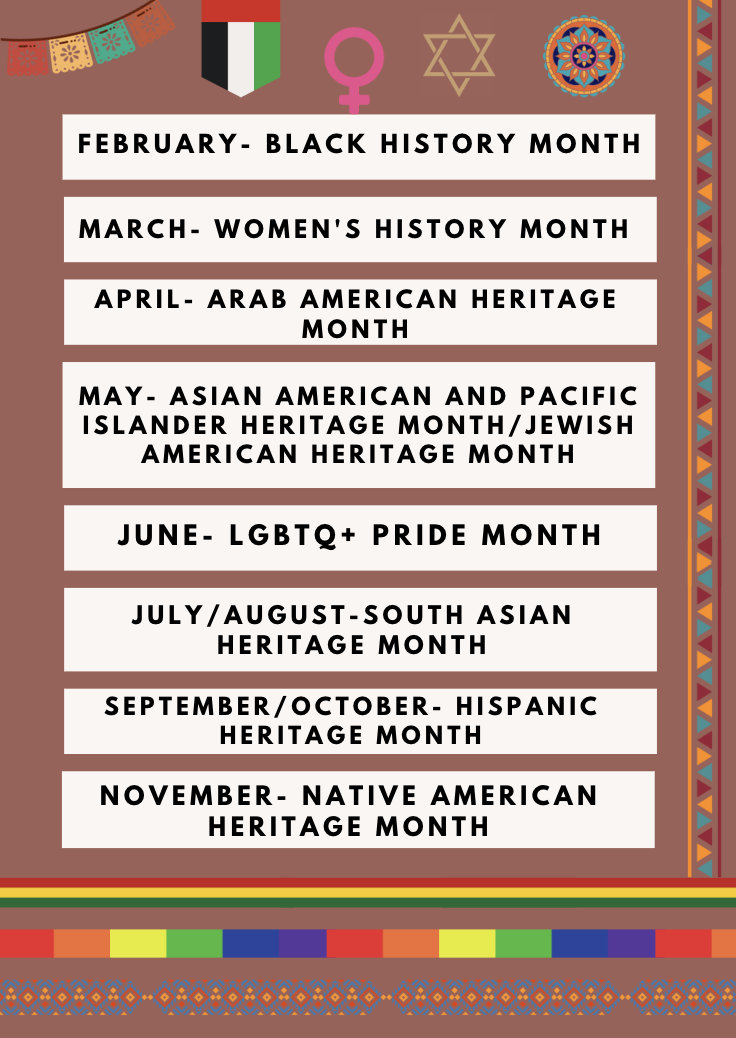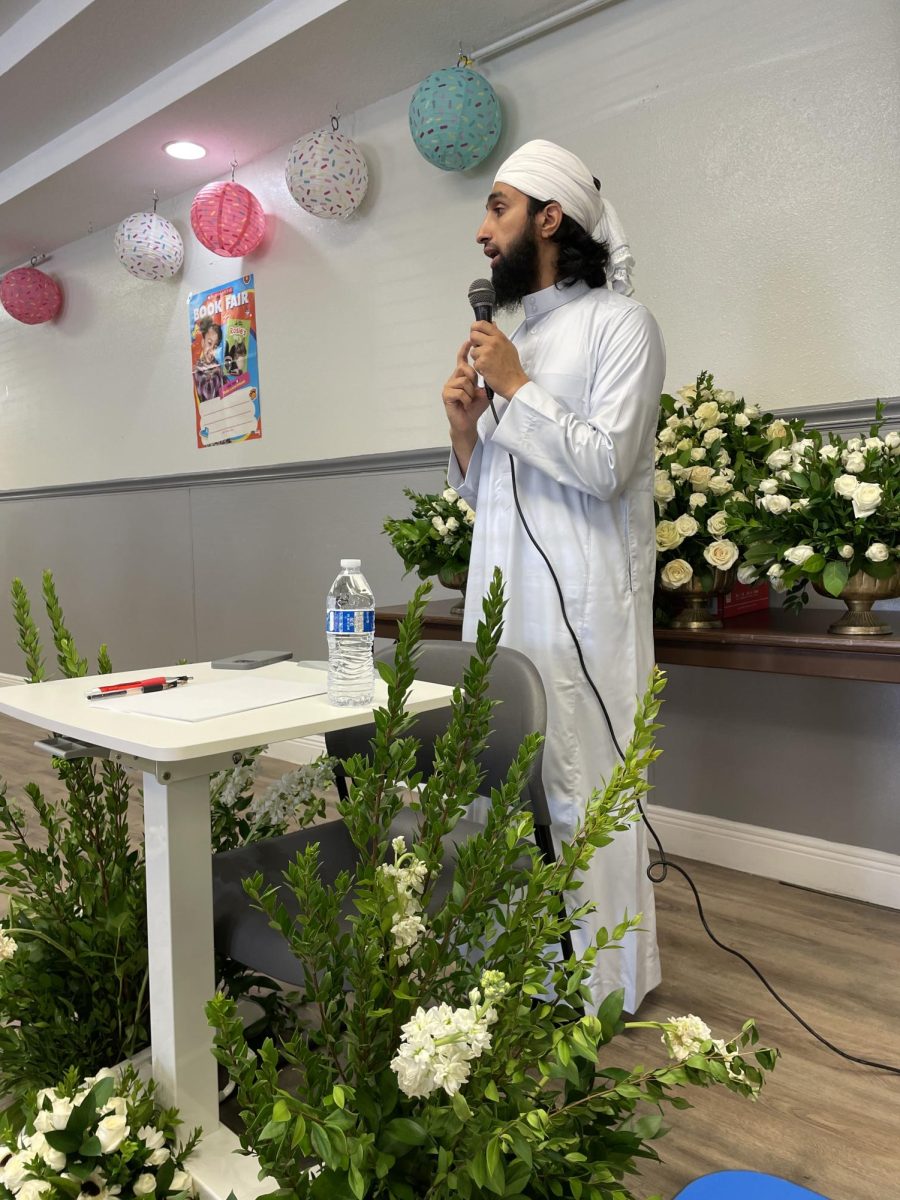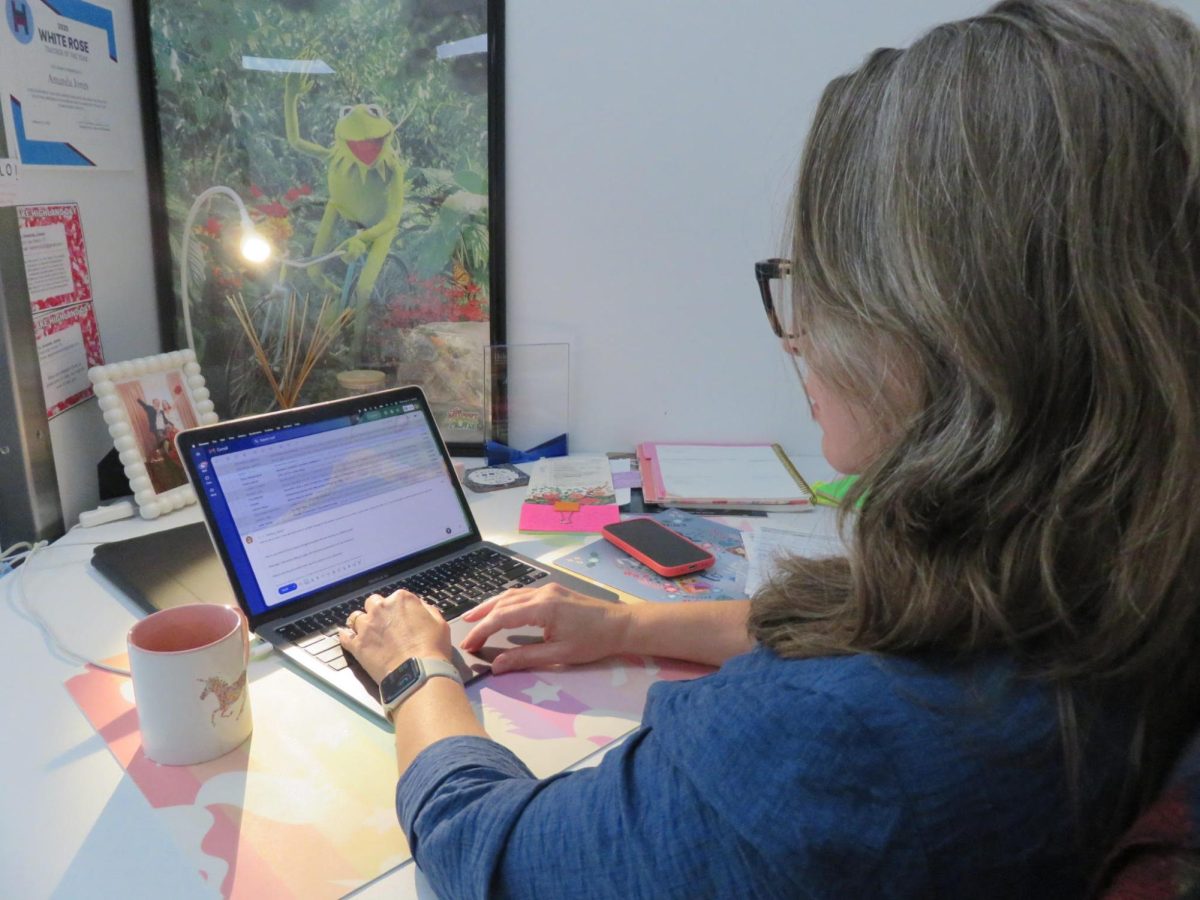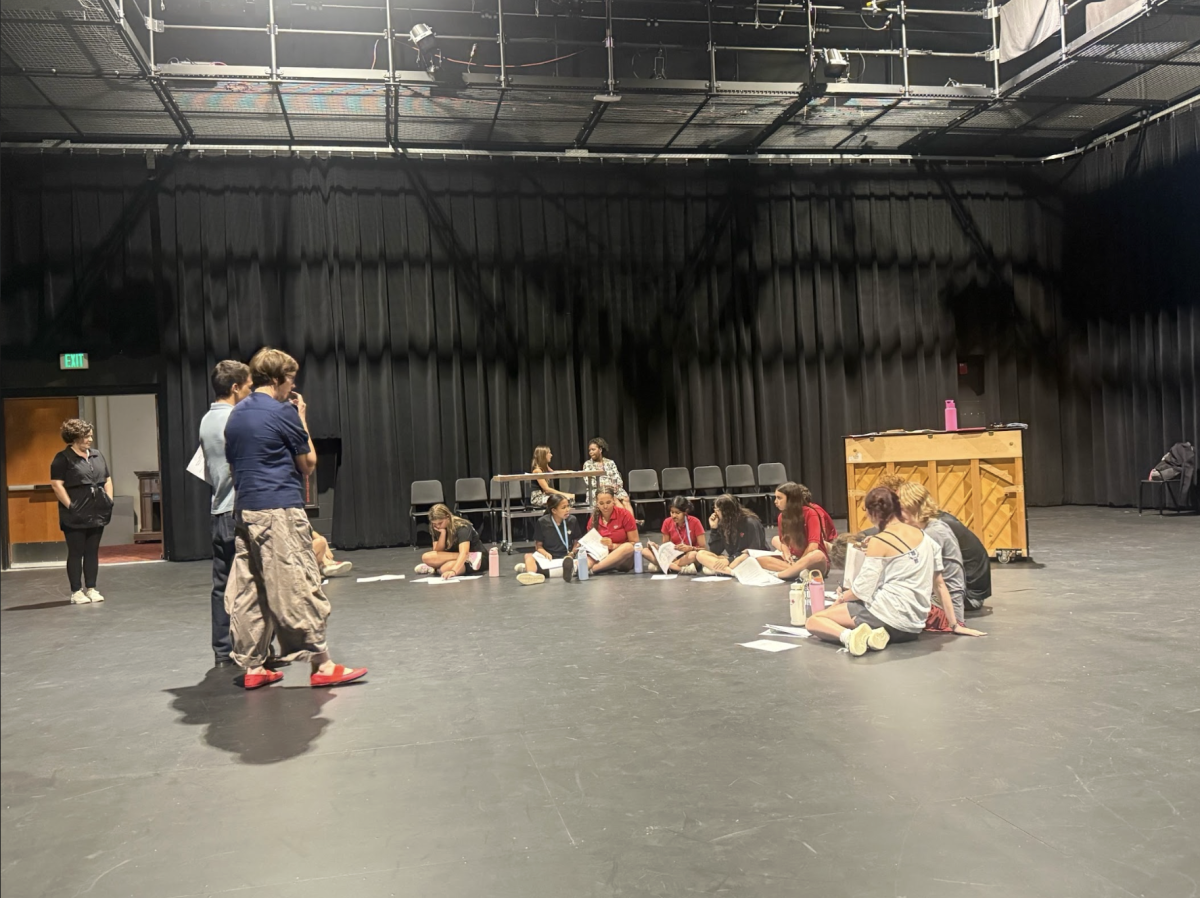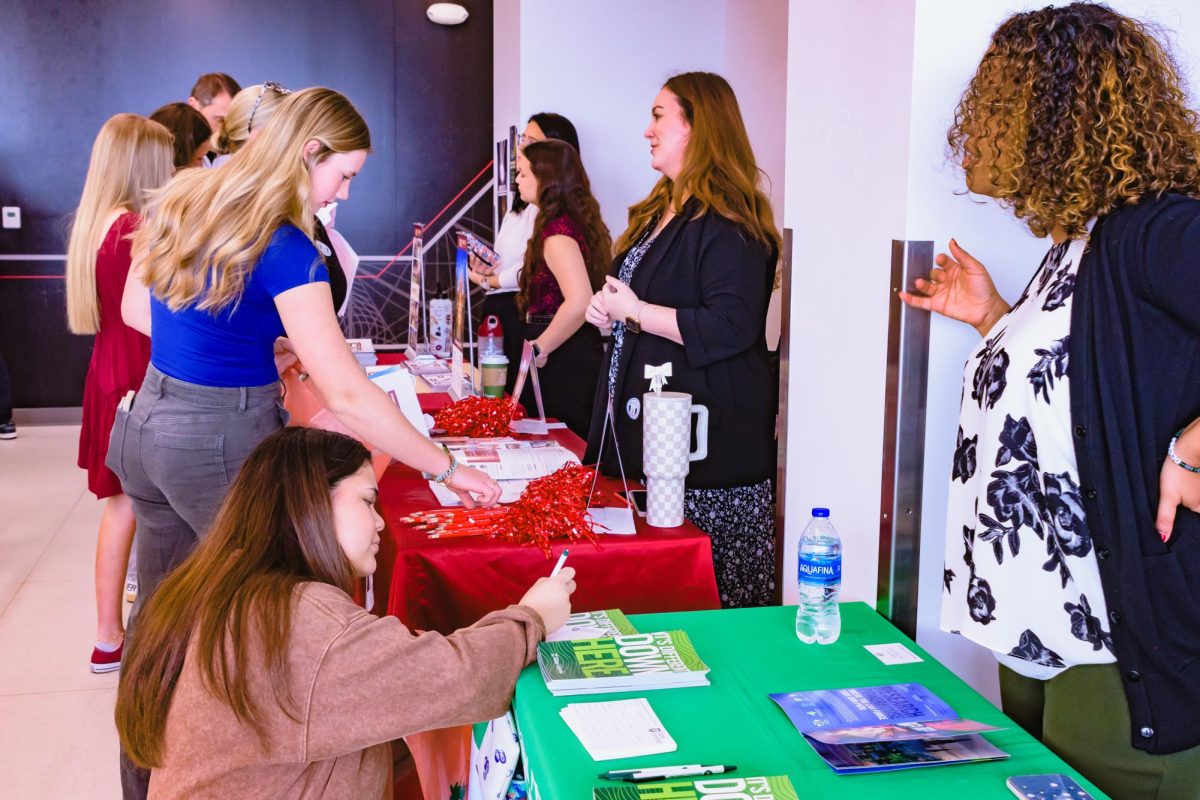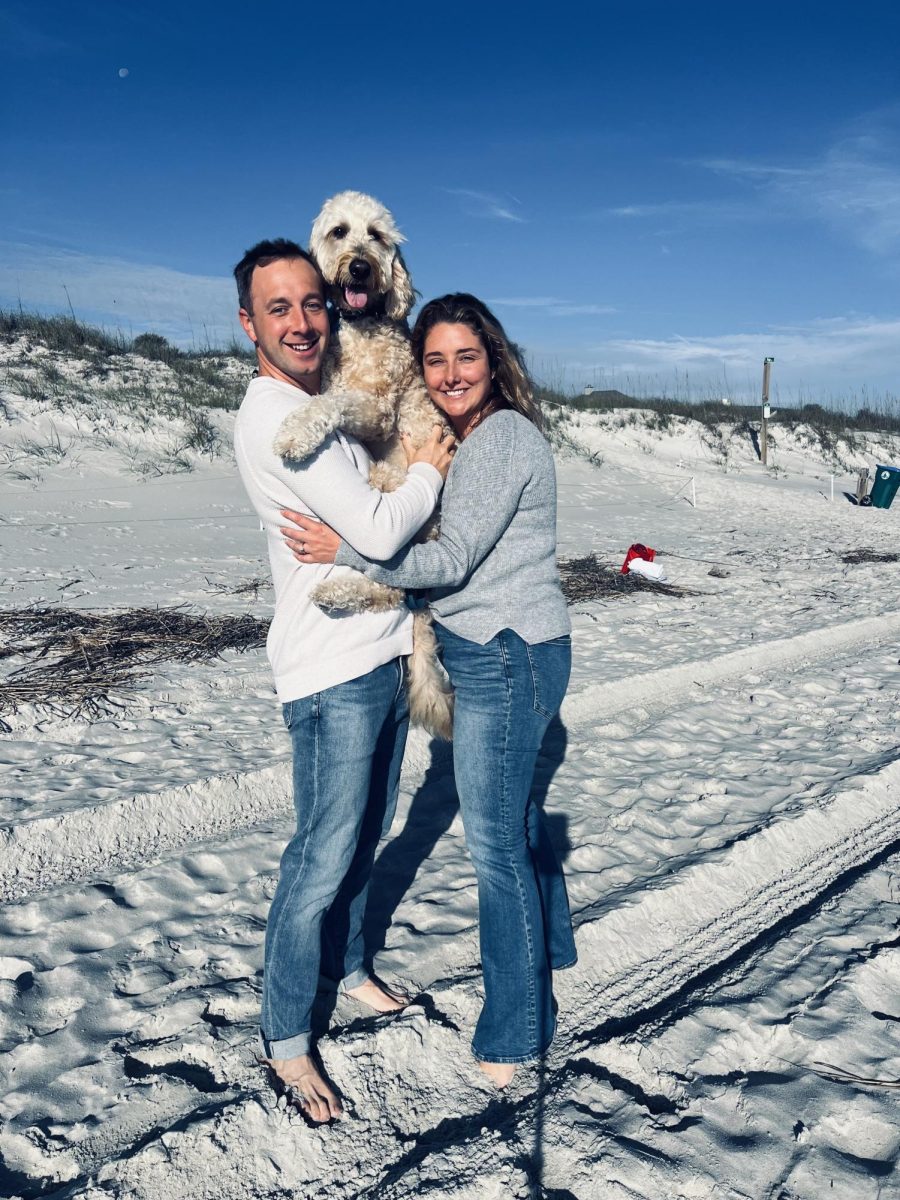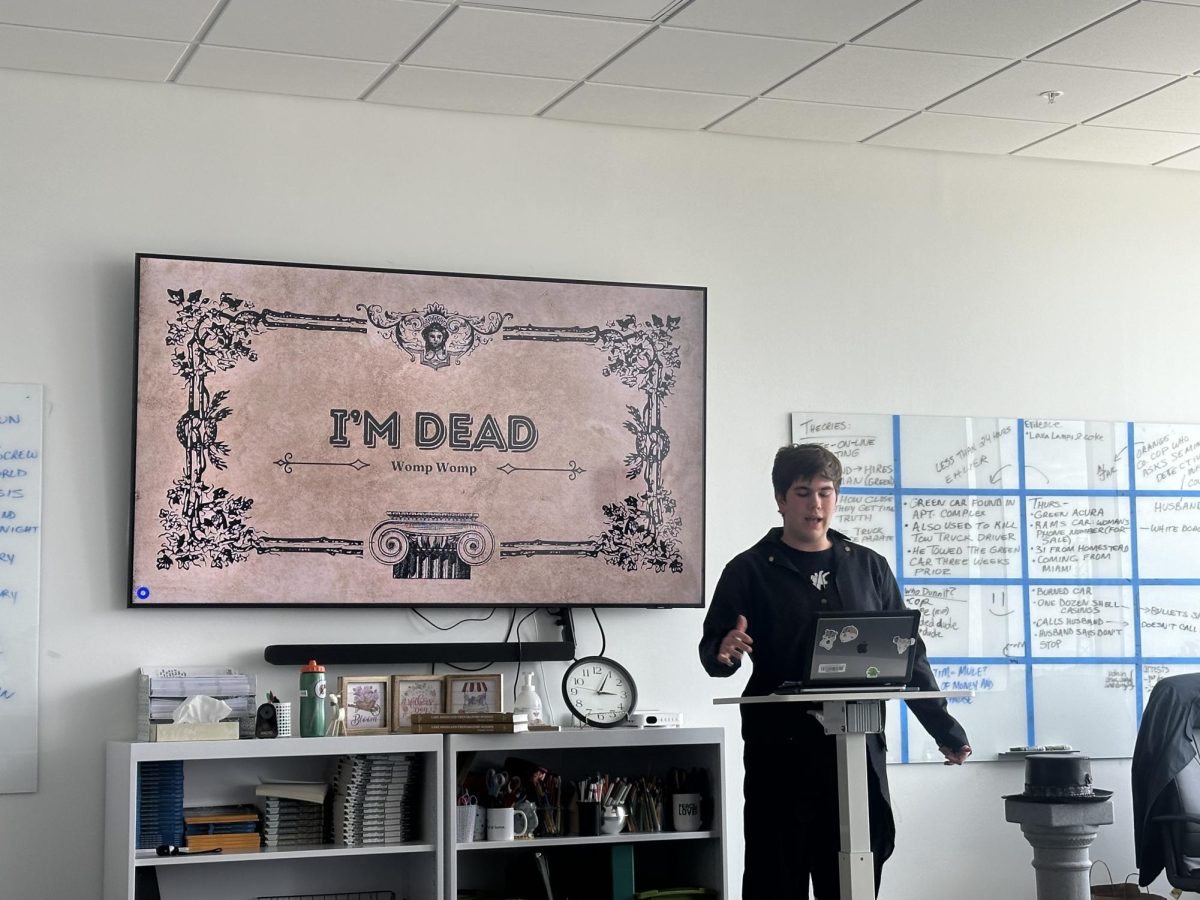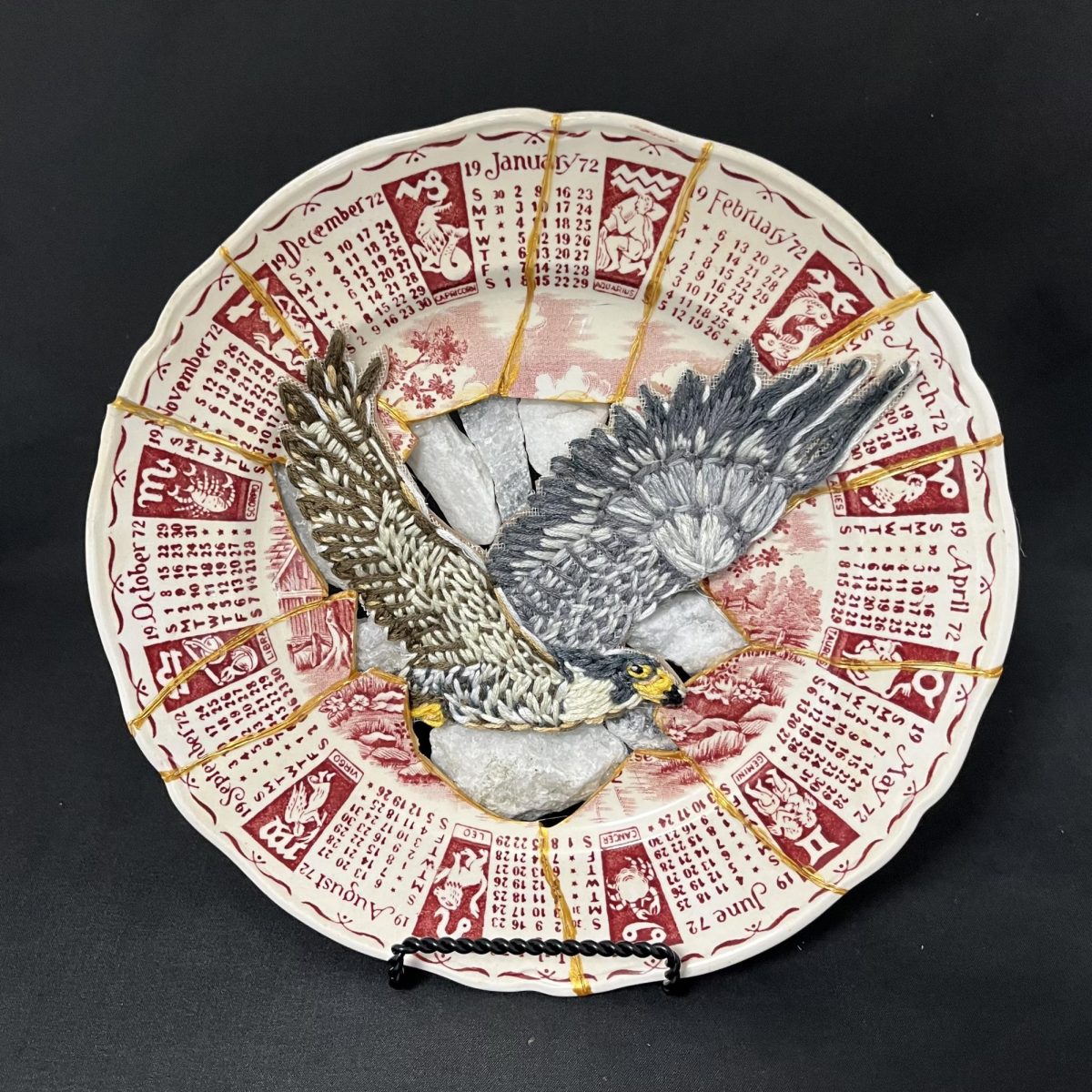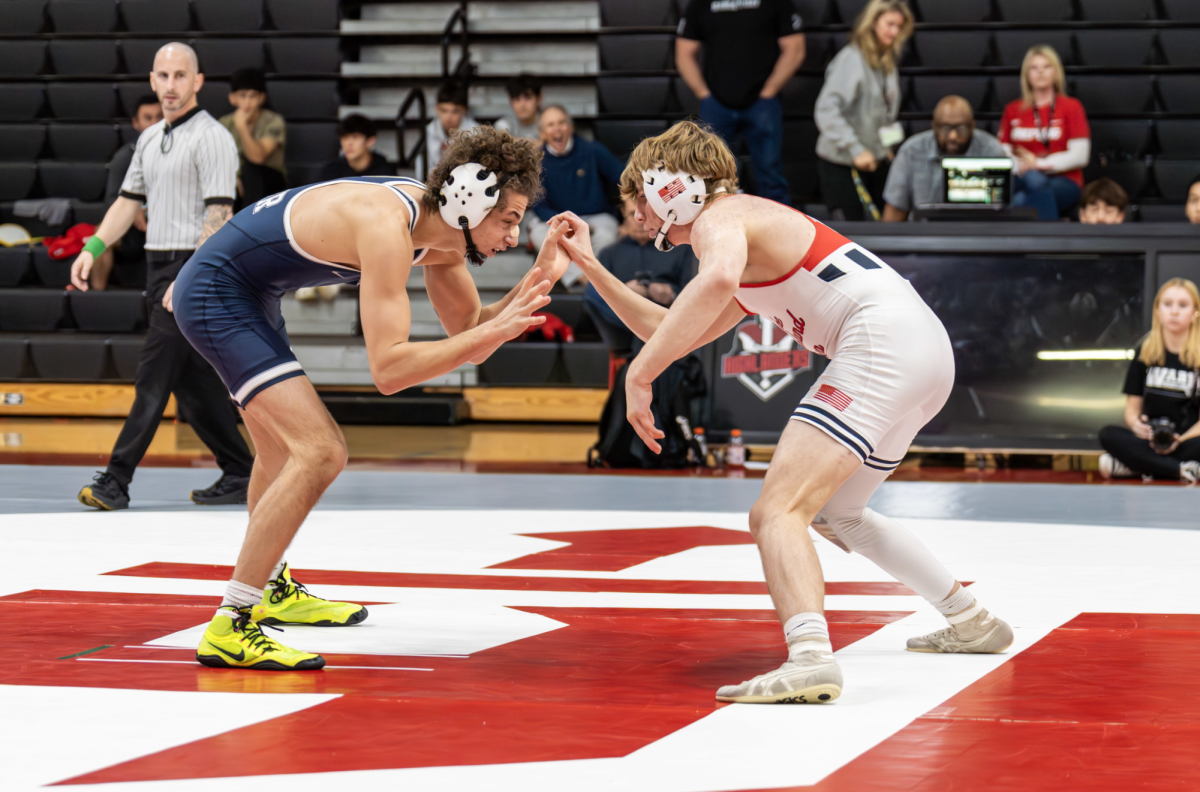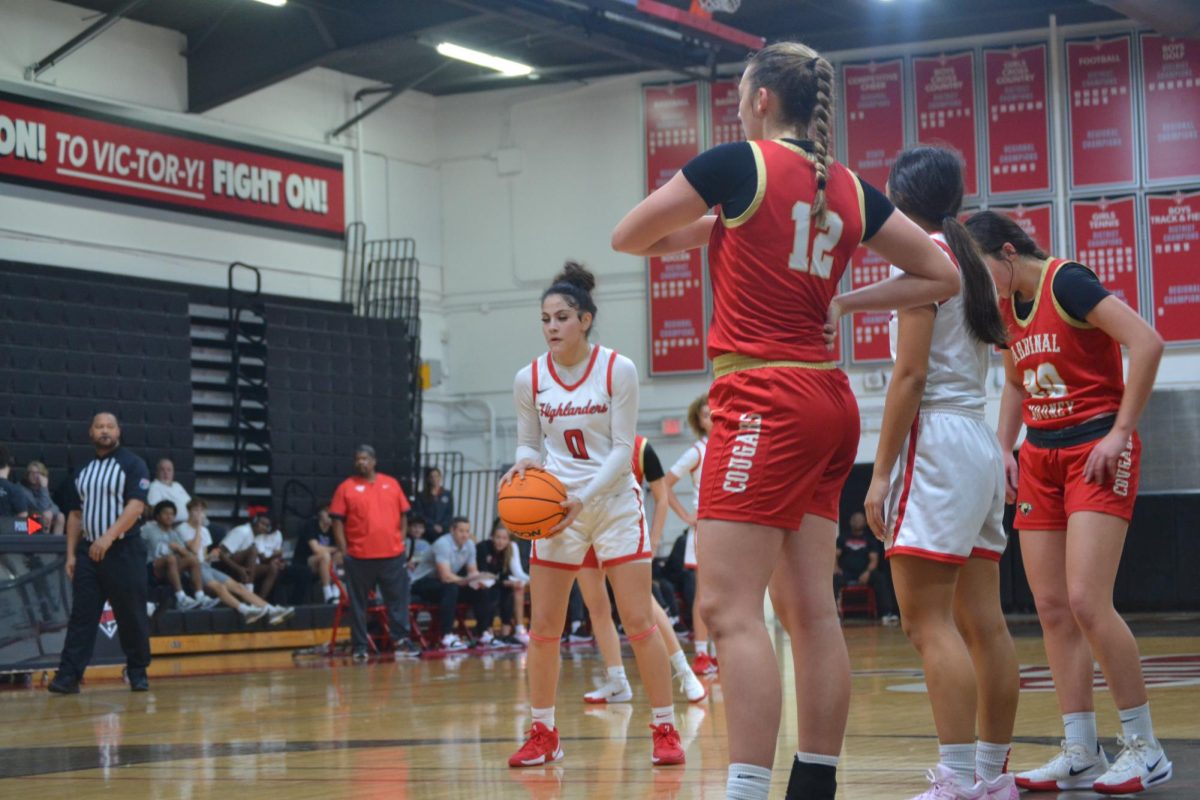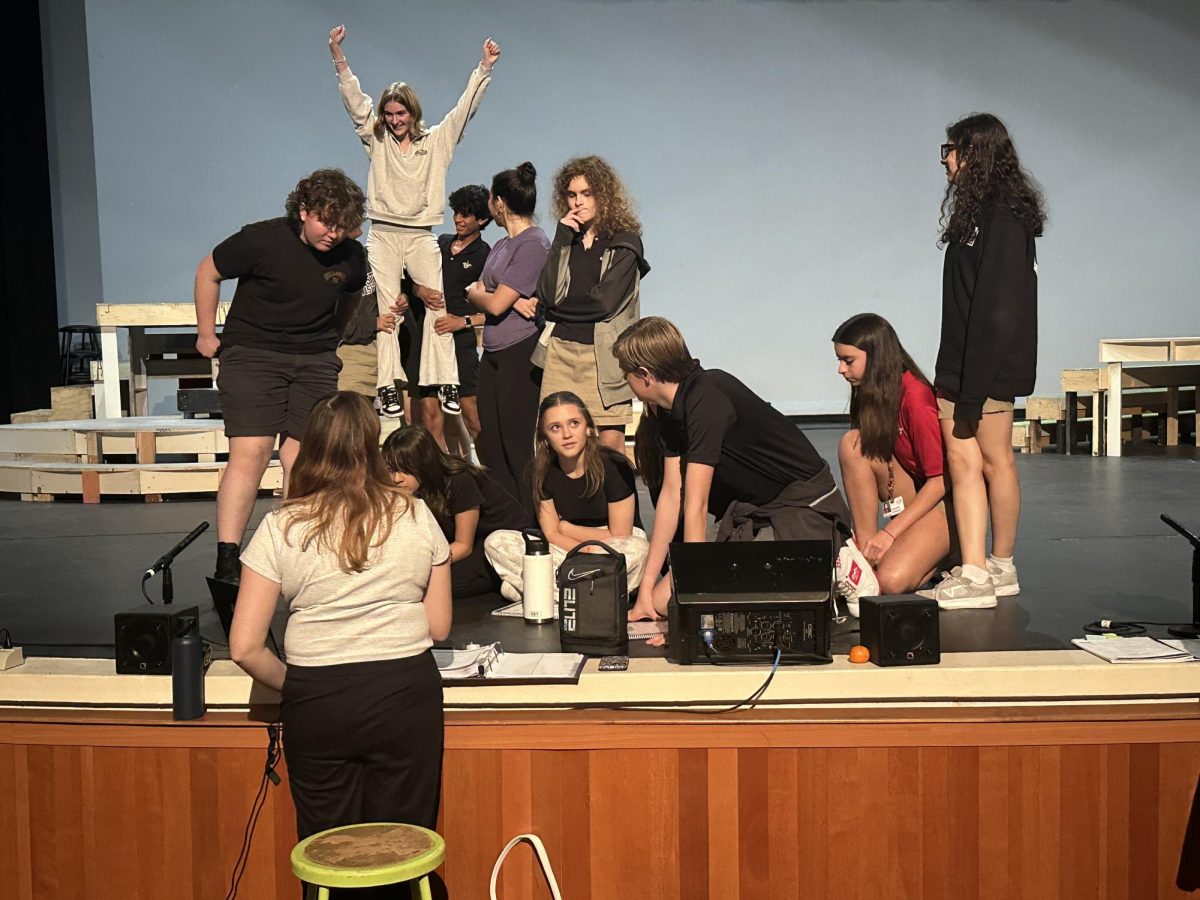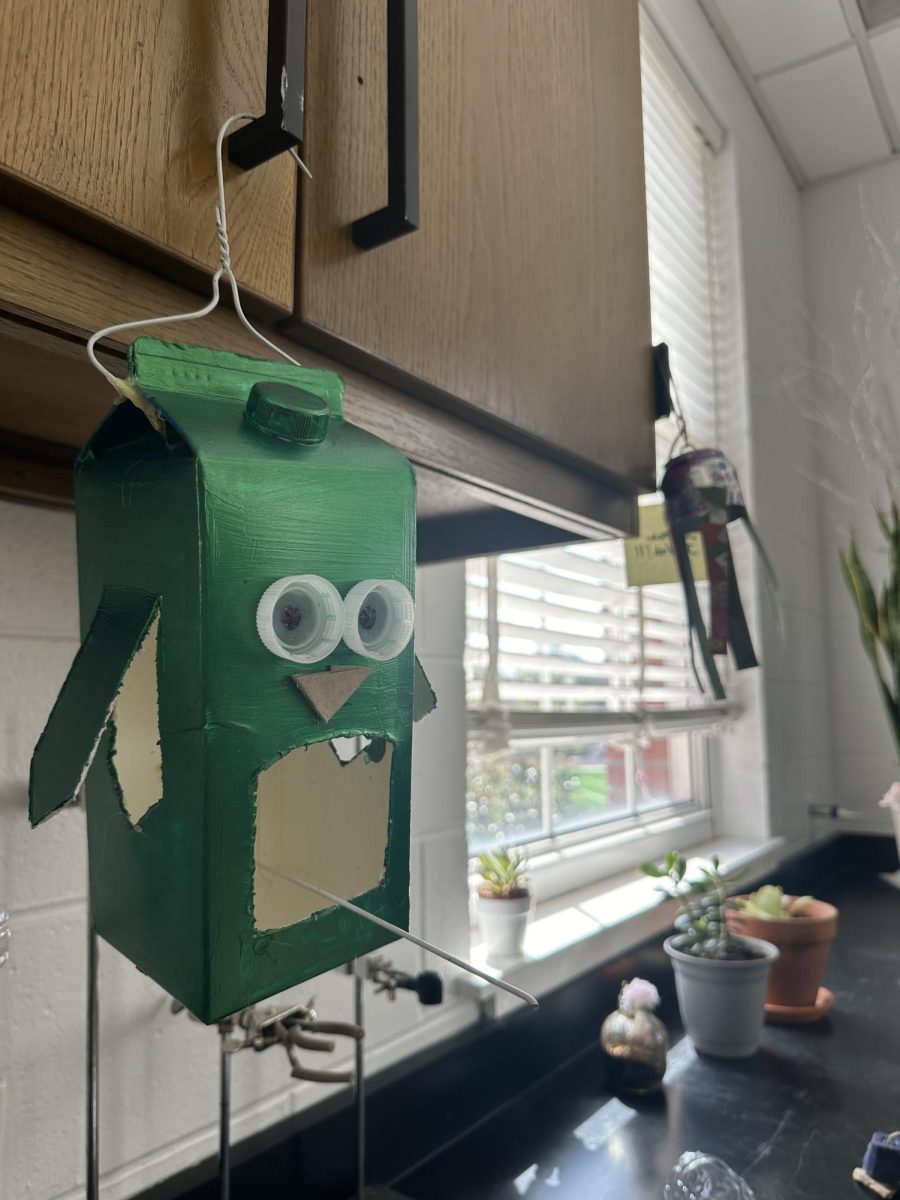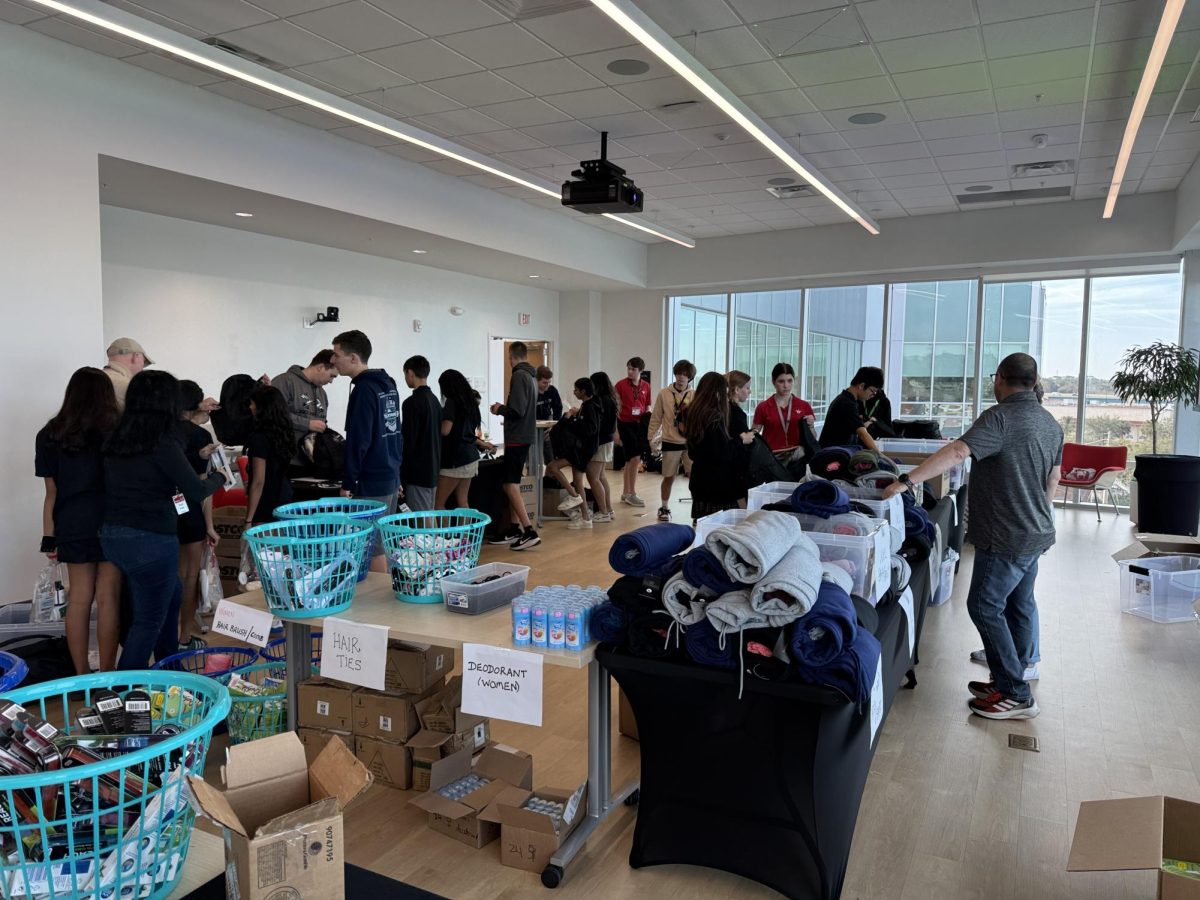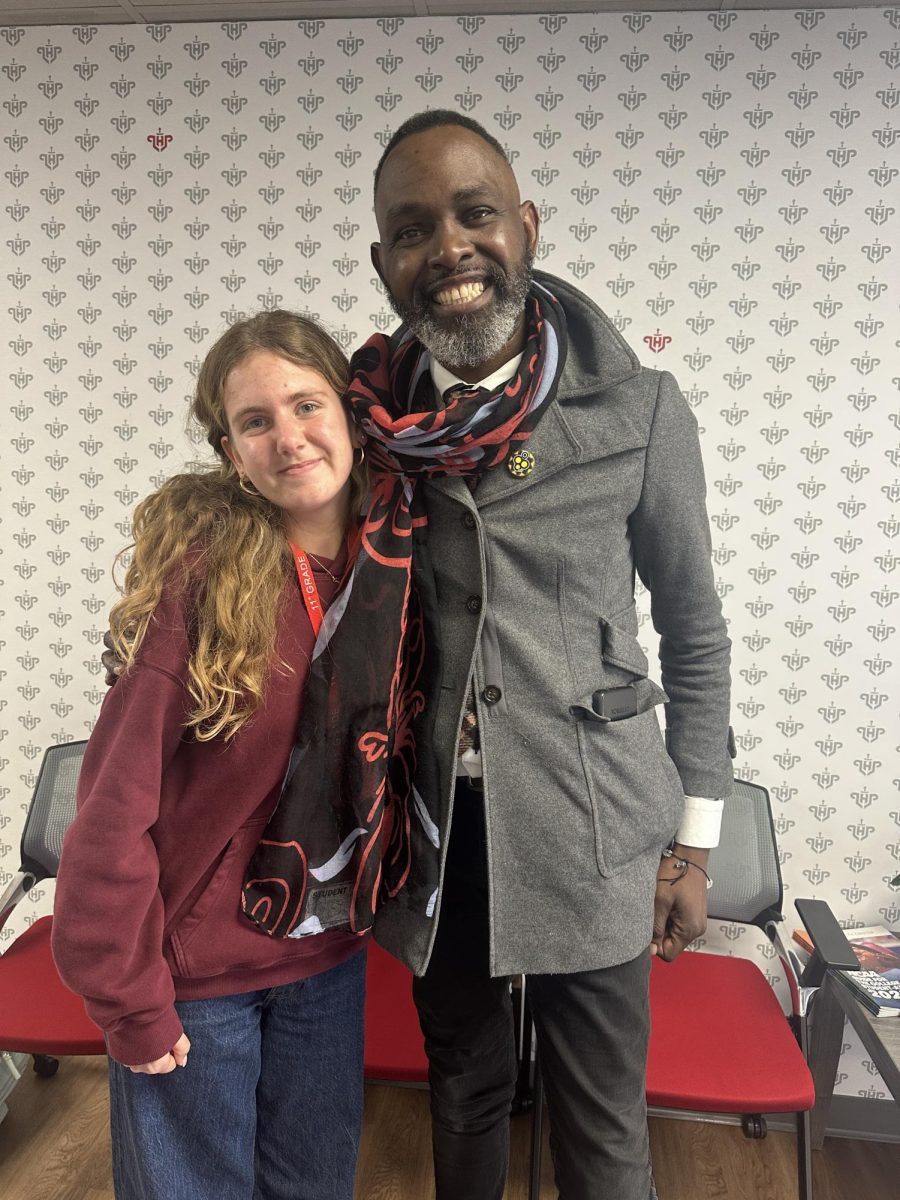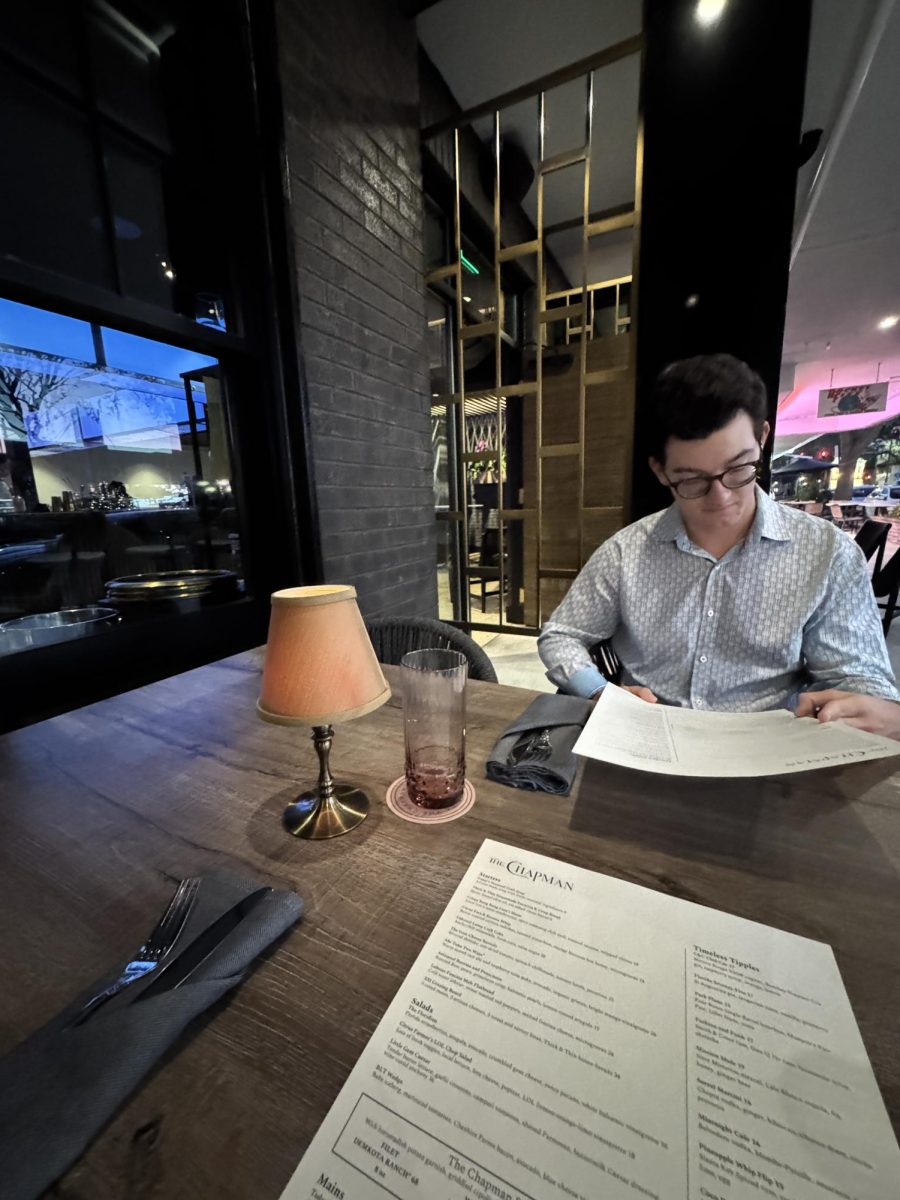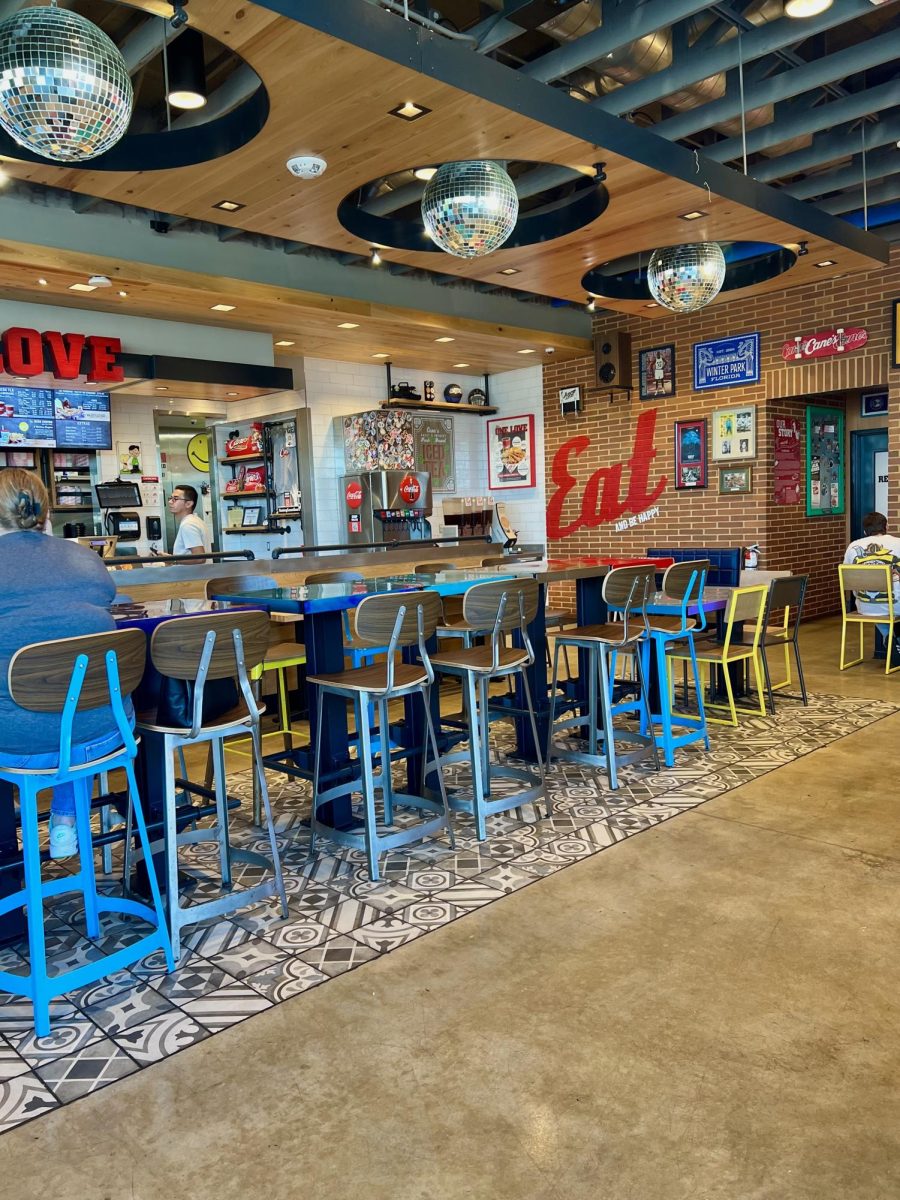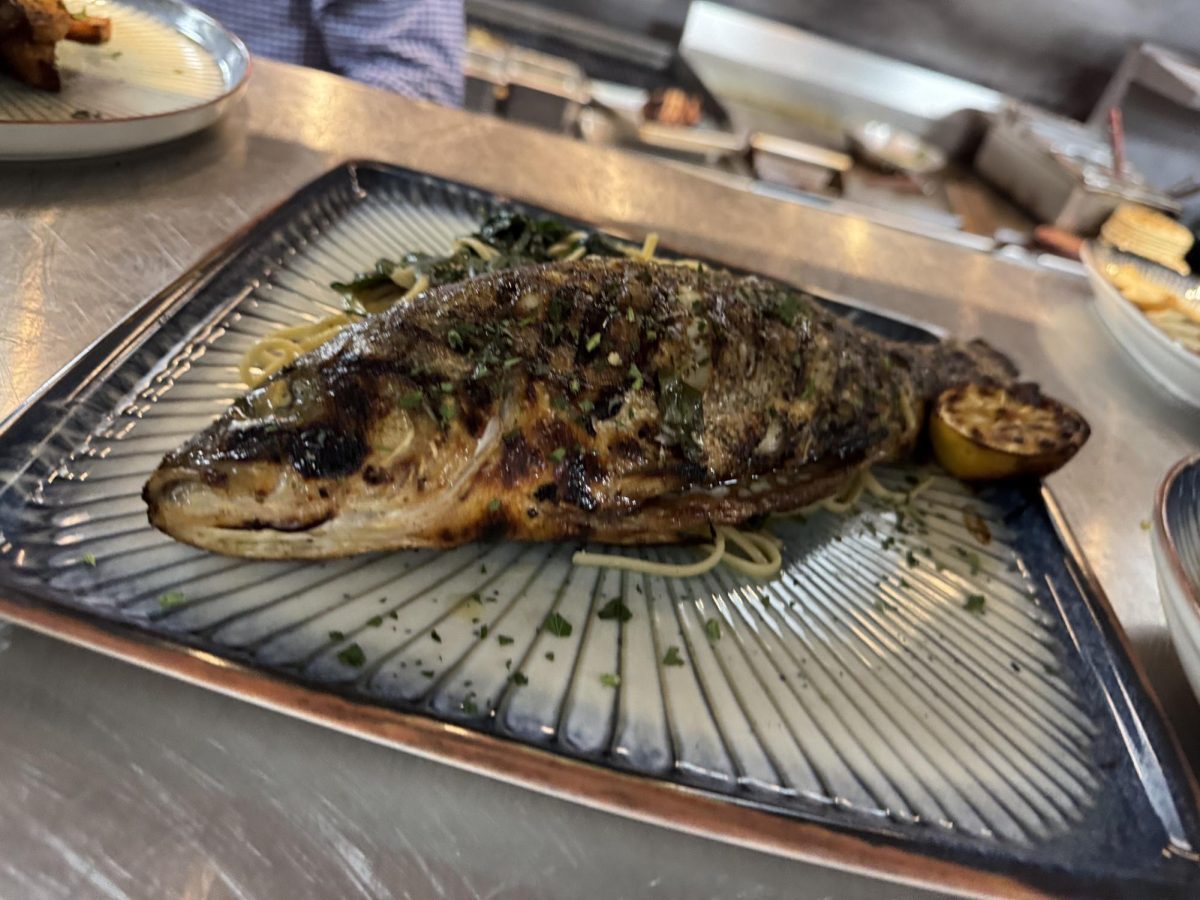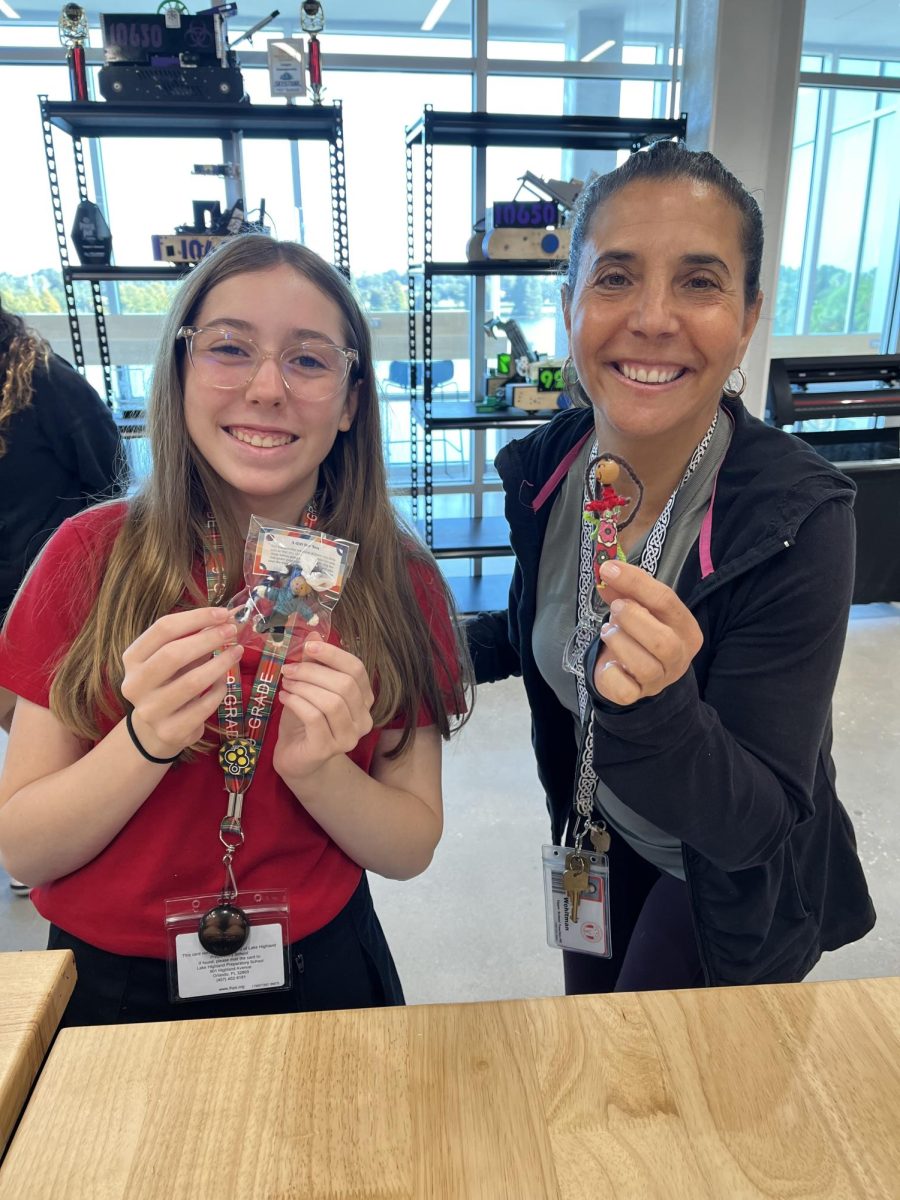When most teenagers consider the milestone of turning 15, getting their driving permit is almost always the first thing that comes to mind. Swept up in all the excitement of being one step closer to independence, these teens often overlook the other important decisions that turning 15 brings. What many people do not know until the very day that they are set to get their permit is that the time has finally come for them to decide whether they wish to become organ donors or not. For some, this question is one that has been answered their entire lives. Many families, including my own, strongly believe that donating one’s organs after death is a nonnegotiable because of all the lives it saves. However, countless families couldn’t feel more differently. When evaluating the positives and negatives of becoming a donor, the universal truth is that every individual is entitled to his or her own opinions and decisions. It is perfectly normal for many teens to feel lost when making this decision, making the opinions and experiences of their peers that much more valuable.
When interviewing peers regarding their opinions on becoming an organ donor, two of the three students strongly supported organ donation. When asked why she chose to become an organ donor, Anna Loshuertos, grade 9, stated, “Having the opportunity to save [even] one person’s life is a reason to donate.” What many people do not know is that by becoming a donor, their organs alone can save the lives of eight other people. So many individuals are under the impression that, once they are dead, their body is rendered useless, but this statement couldn’t be more incorrect. Evie Knight, grade 10, perfectly illustrated the value these organs hold, even after the death of their owner, when she said, “I believe in helping others in any way that I can, and if I’m dead, it’s not like those organs are going to help me out any longer so I would rather donate them and save someone’s life.” Marissa Cole, grade 11, chose not to become a donor and did so because she wasn’t sure what was involved in becoming an organ donor and felt better to be safe rather than sorry.
The topic of organ donation is an extremely controvertial one, and everyone is entitled to their own opinions and decisions. Whether these decisions are solely their own, are influenced by their family, or have some kind of connection to their culture, every choice is valid. This being true, the impact an organ donation can have on the life of someone who is struggling to survive is something only someone who has received an organ donation, either personally or for their family, will ever be able to understand.
While I have not experienced this impact and the gratitude that comes with it myself, I do have a direct connection to an organ donor recipient. My grandfather, Dale Bartch, received a kidney transplant himself, and if it weren’t for the generosity of his donor, his life would have been cut far too short. While his many health issues made much of his adult life a constant struggle to stay healthy, his kidney transplant not only saved his life but also his sense of hope in the generosity and kindness of others. While my grandparents were fortunate enough to have the resources to accommodate the expenses of my grandfather’s transplant journey as a whole, my grandmother still describes the time of his transplant as one of the hardest times of her entire life. This bittersweet experience inspired my grandparents to establish what is now known as The Bartch House, which is a house for transplant recipients and their families to stay for extended periods to make their transplant experience less financially and emotionally strenuous. What makes The Bartch House so special is that everyone is welcome, even those who cannot offer any payment for their stay. While kindness is just one of the many values of the transplant house, it is by far one of the most important as without the kindness of my grandfather’s organ donor, he would not have been able to live his life to the fullest.
In the words of Evie Knight, grade 10, “The concept that one can help others even after their deaths, and in a way ‘live on’ through their acts of kindness, is beautiful.” By choosing to become an organ donor, teenagers will be doing just that. While this may be true, organ donation is not for everyone, and the decision to not donate should be respected just as much as the opposite. Regardless of how certain people may feel about organ donations, and the need to force those around them to feel the same way, the decision of whether or not to become an organ donor is fully in the hands of the teen getting his or her driving permit and his or her family. At the end of the day, teens have to choose the path that feels right for them.
